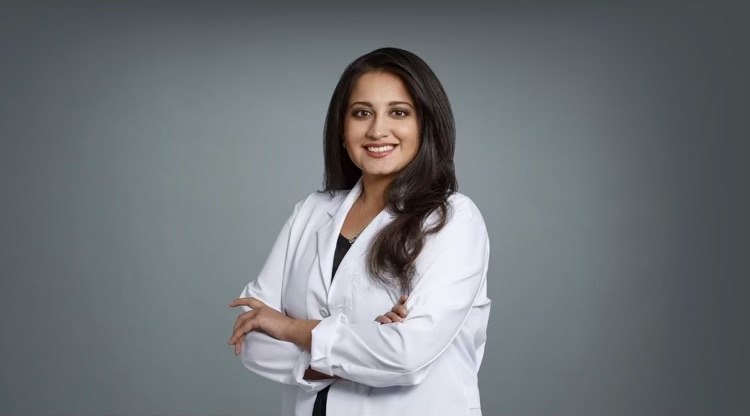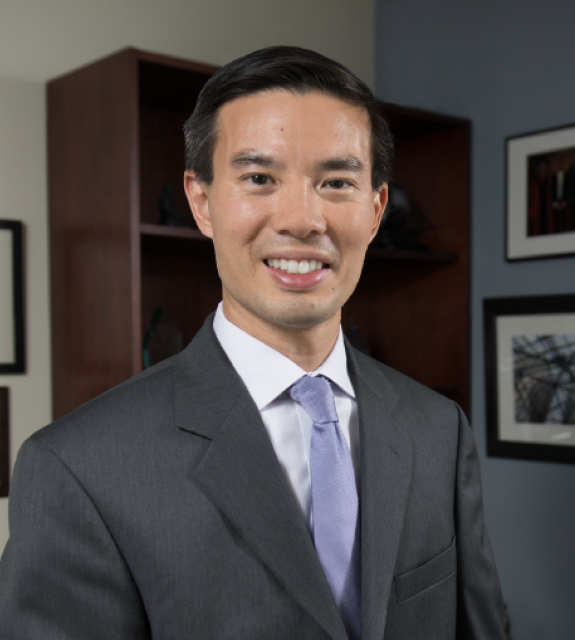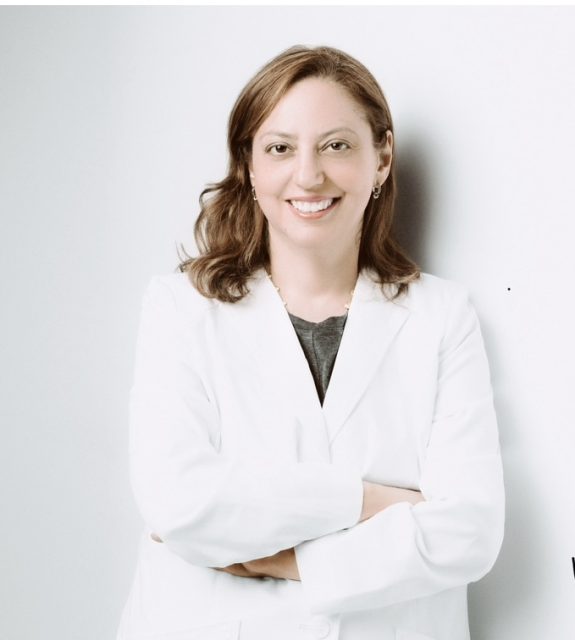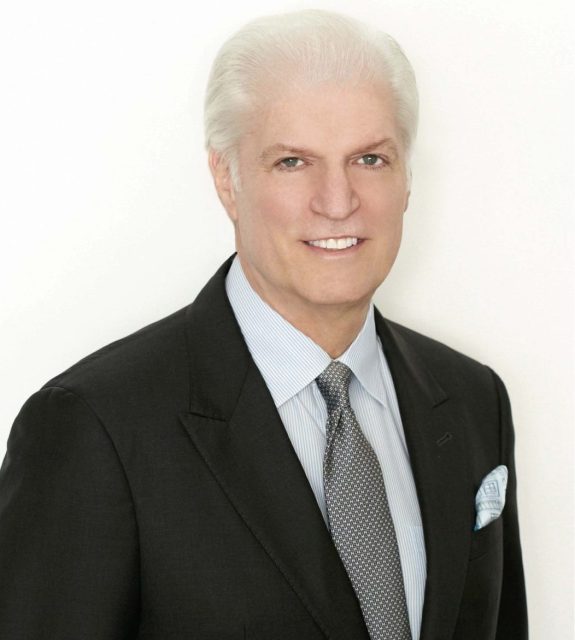Dr. Purvi Parikh, a highly respected allergist and immunologist at Allergy and Asthma Associates of Murray Hill, is making waves in both the medical community and the media. With a clinical assistant professor role at NYU School of Medicine and a prolific career in both research and patient care, Dr. Parikh’s mission is to provide patient-centered, evidence-based care with a focus on innovation. Known for her expertise in allergy, asthma, and immunology, Dr. Parikh has created a practice that combines cutting-edge treatments with a warm, thorough, and fast-paced environment. Here, she shares insights into her journey, her approach to patient care, and the future of immunology.
 Photo Credit: Dr. Purvi Parikh
Photo Credit: Dr. Purvi Parikh
Was there a personal and/or professional experience that inspired you to open your practice?
I had both professional and personal experiences. My father is an allergist-immunologist with his own practice and was very entrepreneurial, so I grew up surrounded by this, and it was normalized for me. Then, through training, I realized all data showed that patients received better quality care and more cost-effective care when physicians ran and owned practices, hospitals, and surgical centers. Also, physicians who ran their own practices had less burnout and more autonomy to treat patients how they saw fit and do right by their patients rather than having their hands tied by corporate administrators. However, I wanted to take my dad’s experience and mentorship and put my personal twist on it. So, in addition to my allergy and asthma practice, I added immunology, which many private allergists/immunologists can’t offer due to logistical issues, and a clinical research center. Finally, since patient education, advocacy, and public speaking are passions of mine, unexpected opportunities brought me a bustling media presence. Opportunity met the prepared mind, and I was off to the races, interacting with patients in the exam room and through the media.
What was your mission at the start of opening your practice? Has it changed?
My mission has always been patient-centered and evidence-based care. I always treat my patients As my friends and family, and it has never failed me so far. I like implementing research into my practice because then I can offer new innovations and treatments to my patients and be informed about new treatments from the get-go. Since patient education and advocacy is important to me, it has always been a cornerstone of my practice as well.
If you had to pick three words to describe the vibe of your practice, what would they be and why?
The vibe of my practice can be described in three words: thorough, warm, and fast-paced. These qualities reflect our dedication to comprehensive care, creating a welcoming environment, and maintaining an efficient approach to meeting patients' needs.
How did you come up with the name of your practice?
I took over/bought the practice from two physicians, Drs James Rubin and Paul Ehrlich, and they founded and named the practice. They have become mentors over the past decade, and they have given me invaluable advice that has accelerated my career. I kept the name they chose as an homage to them. I stand on the shoulders of giants, and I do not take that for granted.
What are the most popular services requested?
The most popular services requested include allergy, asthma, and immunology testing, desensitization and immunotherapy for various allergies, and opportunities to participate in clinical trials.
What is the future of your field?
The future of immunology is very exciting. Nearly every specialty, from oncology to cardiology to neurosurgery to gastroenterology, is using the immune system to cure disease. Immunology is a relatively newly understood science, and I believe it is the future for ALL specialties of medicine as we see treatments move toward immune-based therapies. Food allergy is also moving toward various treatments to reduce the severity and, hopefully, one day, a cure - we now have biologics and oral immunotherapy that reduce the severity of your food allergies. Similarly, for asthma, there are various immune-based therapies that can really target the type of asthma a person has and personalize treatment. Genetic testing will also help us identify immune disorders better, such as primary immune deficiencies, which I also treat.
 Photo Credit: Dr. Purvi Parikh
Photo Credit: Dr. Purvi Parikh
What are you best known for?
Professionally, I am recognized as an expert in allergy, asthma, and immunology, with a strong presence in the media. I’ve become a trusted medical expert across major news networks, including ABC, NBC, FOX, CBS, CNBC, and CNN, and am frequently quoted in print media. Additionally, as a researcher at the NYU Vaccine Center, I am known for my expertise in vaccines, and I have also established myself as a trusted authority on long COVID. Beyond my clinical work, I am deeply passionate about patient advocacy, using my voice to advocate for improved healthcare. After all, we are all patients—along with our loved ones—and I believe it’s essential to fight for better care for everyone.
What is unique about your practice?
I think the breadth and diversity of care we offer for a variety of illnesses make us unique. Also, we treat both children and adults, so we form lifelong bonds with patients and their families. We are one of the few private practices that do a high volume of immunology in addition to complex allergy and asthma cases.
Are there any new services you are excited to offer?
We’ve recently begun offering sublingual immunotherapy alongside our traditional injection-based allergy treatments. Additionally, we have exciting new clinical trials on the horizon.
What is one underrated service that doesn’t receive as much press as it should be?
Immunotherapy, or allergen desensitization, is one of the oldest and most effective treatments for reducing allergies and asthma. It helps individuals become less reliant on medication, improving their overall quality of life. Similarly, oral immunotherapy, or desensitization to foods, for the right candidate can reduce the risk of severe allergic reactions and even save lives. I believe both of these treatments deserve more attention, as they are often underrepresented in discussions about allergy and asthma care.
For more information, visit Purvi Parikh, MD, FACP, FACAAI's social media:






















